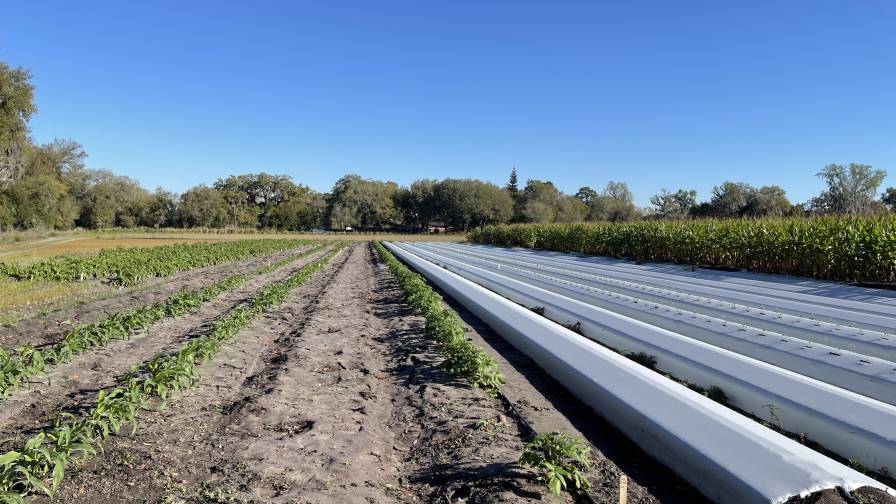Opinion: Agriculture’s European Problem
For agriculture, the countries that make up the European Union (EU) would seem like an ideal market. But this is not the case, especially when it comes to the industry being able to introduce modern agricultural practices into the region.
With a total population of more than 500 million, the EU is an important part of the global agriculture supply chain. In fact, after the U.S., the next three major agricultural exporters for the world include The Netherlands, Germany, and France — all EU members.
Despite this tradition of agriculture, the countries of the EU have shown a decided reluctance to accept many modern agricultural innovations into their mix. This is perhaps on display best with the group’s near universal rejection of the use of biotech crops. Even with biotech crops being grown across much of the globe — and being credited with boosting crop yields along the way — most EU member states won’t permit these crops to be grown or distributed in their countries. In fact, about a decade ago, I remember discussing this issue with one European-based crop protection/seed company representative.
“Because of the negative attitudes toward genetically modified (GMO) crops in Europe, we’ve decided to relocate all our research and development in this area to the U.S. instead,” the representative said.
Many agricultural proponents had hoped that new gene-editing techniques for crop development (i.e., CRISPR) would perhaps make some inroads into the EU. However, in July the Court of Justice of the EU ruled that gene-edited crops should be subject to the same regulations as conventional GMOs.
“I can’t see how CRISPR and all these new technologies will be profitable in the EU,” many observers of the ruling said. “I think this research will move somewhere else.”
And it’s not just biotech crops that are having a tough time in the EU these days. Crop protection products also have drawn increasing regulatory fire. At a recent industry meeting, BASF’s Paul Rea spelled out some surprising numbers to this fact.
“In 2001 there were 905 registered active ingredients that farmers could use in the countries of the EU,” Rea said. “Today there are only 338 left, and this number could drop to as few as 111 by 2021. So the options for European farmers when it comes to crop protection are getting much more limited.”
Speaking at another industry event just before his retirement in September, CropLife America President/CEO Jay Vroom illustrated just how bleak this European situation has become for the marketplace. “No companies have registered new crop protection products in Europe the past two years,” Vroom said. “Europe is now an innovation-free zone when it comes to agriculture. The move there seems to be to take us back to 40 acres and a mule. Maybe less!”






